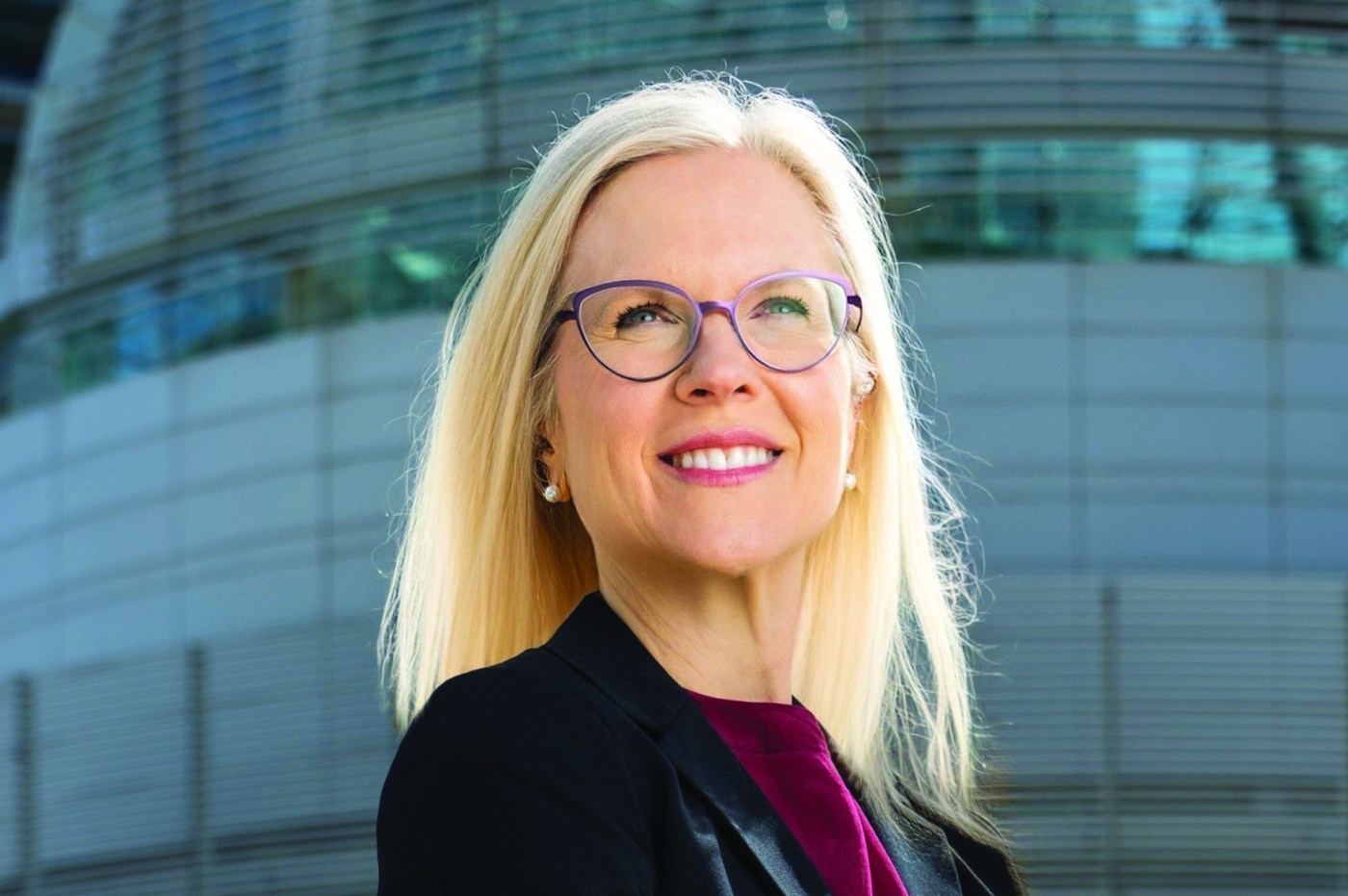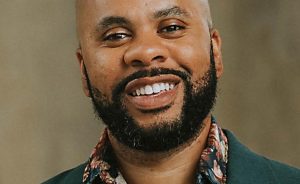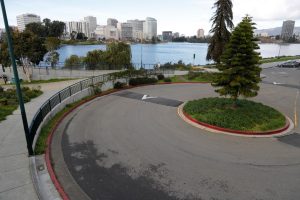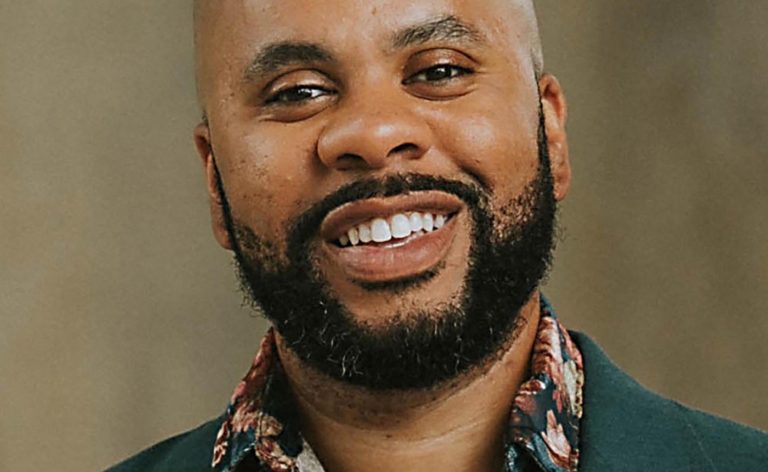As Irene Smith walks around District 3 and knocks on doors, there is a palpable shift in the air compared to when she ran for San Jose City Council a little more than two years ago.
The 64-year-old pro tem judge, entrepreneur, and former longtime IBM employee lost in a runoff to now-former City Councilmember Omar Torres, whose victory was buoyed in large part due to his popularity, political connections, and homegrown story.
But Smith or the residents of District 3 could hardly know what was to come as a child molestation scandal derailed Torres’ career and planted a seed of distrust and betrayal in the eyes of some voters.
Instead of fielding questions at residents’ doors like, “Can you tell me about your resume,” Smith said voters are digging more into specifics and how candidates can drive results — a promising sign for the independent candidate and policy wonk, especially as big money and influence from power players and business labor interests filter into the crowded race.
“I think people are really fed up with being told who to vote for and I do think that the independent streak of D3 is ascendant again,” Smith said. “People are focused on policy and less on personalities and network affiliations in 2025.”
Smith is one of seven candidates who qualified to appear on the April 8 special election ballot, joining:
Engineer and planning commission chair Anthony Tordillos
Latina Coalition of Silicon Valley CEO and Executive Director Gabby Chavez-Lopez
Matthew Quevedo, the deputy of chief to San Jose Mayor Matt Mahan
retired law enforcement officer Adam Duran
retired family counselor and former mayoral challenger Tyrone Wade
knife sharpener salesman Philip Dolan
If none of the candidates surpass 50% of the vote, a runoff will take place on June 24 between the two highest vote-getters.
While acknowledging that each candidate brings some valuable experience to to the table, Smith said she is well-rounded because she has worked in local government, for a major multi-national company, in the mental health industry, and as a small business owner. And, it is that experience, she said, that could translate into effective policy-making to improve the lives of all the residents in the district.
“I understand how the rules and regulations work in government … and I understand large budgets and large teams through IBM,” Smith said. “You don’t rise up the ranks at IBM without learning how to play well in the sandbox with others. I can offer a small business perspective because I’ve started three small businesses downtown and I understand our community because I’ve started four local advocacy groups.”
Smith said that City Hall has spread itself thin by focusing on too many areas and programs, resulting in limited effectiveness. Instead, she’s focused on four key priority areas — bigger, faster, more cost-effective homelessness solutions, fiscal responsibility, spurring downtown business, and improving the citizen input process. If done well, she said, that can have a multiplier effect on some of the city’s other challenges.
Smith has been at the forefront of calling for San Jose to build up its shelter capacity — well before she threw her hat in the political race — and supports the mayor and the housing department’s vision to end unsheltered homelessness, which has contributed to fires, blight, dumping and other code enforcement and public safety issues.
She has repeatedly called on the city to build a large congregate shelter like other cities in the U.S., which would allow the city to make substantial progress in reducing homelessness at a fraction of the cost. The previous piecemeal approach cost a trove of money with limited results and makes it more difficult to help homeless residents find continued stability, she said.
“It’s going to be an endless sense of movement, and from a psychological standpoint, this is re-traumatizing people who are already traumatized,” Smith said. “The accountant side of me says when you re-traumatize somebody, that’s going take a much longer time for that person to become healthy again, and when it takes longer, that means more money.”
While some housing advocates have criticized the city for focusing more on interim solutions instead of providing greater subsidies for affordable housing development, Smith said the city cannot spend its way out of the problem and also needs to look at policy reforms that can spur housing, like increasing density through micro units and larger ADUs and ensuring all parts of the city take on their fair share of development.
San Jose’s projected $60 million shortfall this year and $30 million shortfall in 2026 also means that the city needs to be more fiscally responsible.
Smith said she’d like to see the city adopt a zero-based budgeting approach — where every expense each year requires justification — and do better in following up on the city auditor’s recommendations. She said, too often, San Jose keeps throwing money at problems and needs to take a more data-driven, results-oriented approach to deliver results to taxpayers.
With San Jose also struggling to generate enough revenue, Smith said the city can spur growth through reforms in fees and taxes, cutting onerous regulations that have slowed or inhibited businesses and strengthening its relationship with San Jose State for workforce development.
Smith lauded the city’s partnership with the university as it looks to capitalize on the artificial intelligence boom but said it could also extend that type of program to other fields.
Those principles have earned Smith the Citizens for Fiscal Responsibility Board endorsement.
“She is committed to transparency, advocating for a more open and accessible government where residents have a clear understanding of how financial decisions are made and our tax dollars are spent,” the board said.
Smith has also taken issue with the city and district’s citizen engagement practices, which she said put them out of touch with concerns about how prospective policy initiatives would impact their lives.
District 3 is a welcoming place, she said, but its residents have become suspicious and untrusting of the local government because it has either ignored or not responded to the public for policy reforms, like changes in hearing requirements for infill projects, the removal of parking, digital billboards and homelessness solutions.
Related Articles
Candidates for San Jose District 3 special election address residents’ biggest issues
New model puts new potential price tag on San Jose’s cost to end unsheltered homelessness
San Jose faces potential $60 million shortfall in upcoming fiscal year
First phase of San Jose’s St. James Park revamp close to becoming reality
San Jose eyes reforms to combat abandoned shopping cart problem
Smith has consistently said that the District 3 council seat is her final destination, not a stepping stone to some other office, and more importantly, not a microphone for others’ interests. Its power needs to be derived from its constituents, a role she is ready and willing to fill, she said.
“I’m the one that can bridge the divisions,” Smith said. “I ran the gauntlet last time, and I came in second place, and I can do it again easily and come in first this time.”












